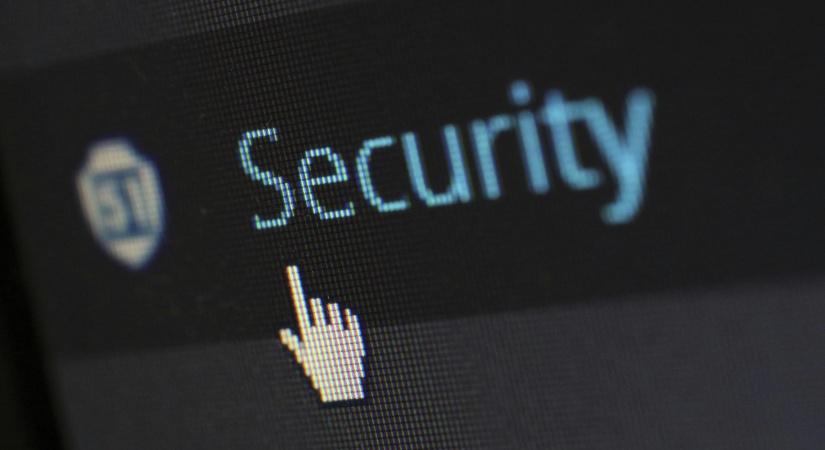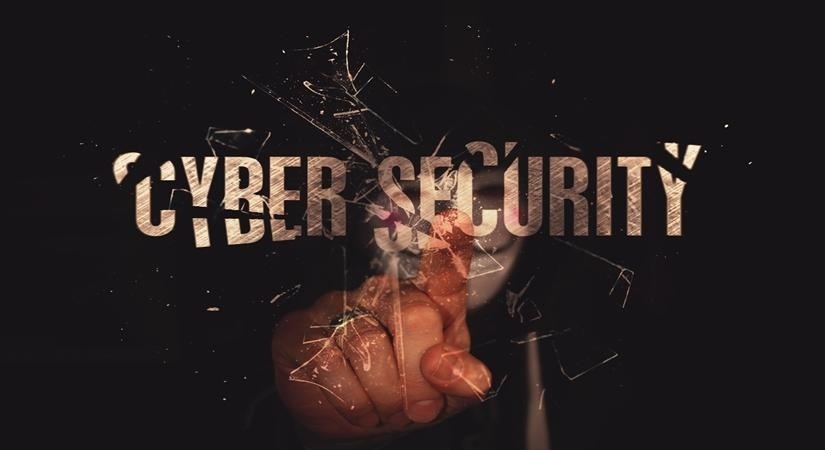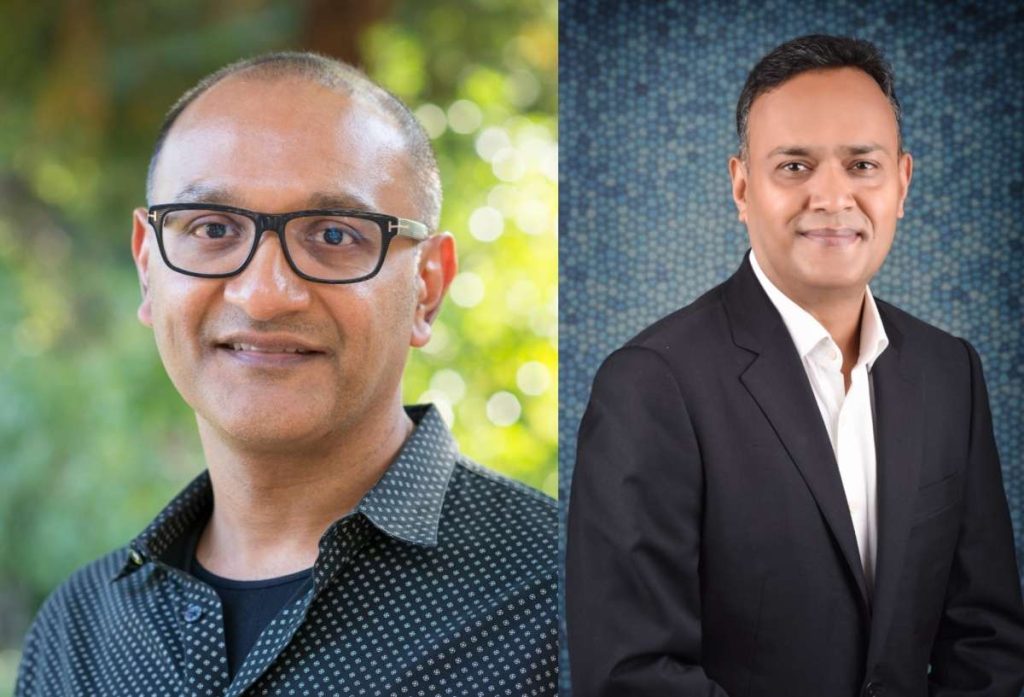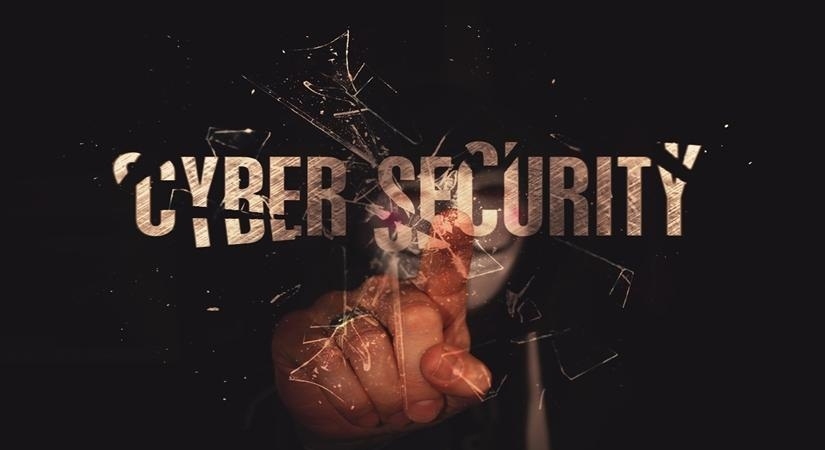Awareness about the current landscape of cyber threats in India will help Indian digital nomads understand what kind of risks they face and how best to protect themselves online…writes Shikhar Aggarwal
In a world where the boundary between work and leisure is increasingly blurred, digital nomads have redefined the traditional employment terrain. It is indeed enticing to travel to exotic places while earning a living; hence, many Indians have embraced the lifestyle of digital nomadism. This notwithstanding, it is important to point out that in as much as these audacious globetrotters commence their journey around the globe, there is an underlying cyber security threat within this digital realm.
India’s diverse landscapes, rich culture, and thriving digital ecosystem are making it an increasingly favourite destination for digital nomads. However, this way of life poses some inherent issues around cybersecurity, which individuals must deal with if they are to secure their online presence and keep safe some confidential information. The following points underscore the key factors that Indian digital nomadic people have to put into consideration as they strive towards having a secure and worthwhile nomadic journey. India has witnessed cases of cybercrime ranging from phishing attacks to data breaches, which are becoming more frequent by the day. Awareness about the current landscape of cyber threats in India will help Indian digital nomads understand what kind of risks they face and how best to protect themselves online.
To secure their online activities, digital nomads, who are often reliant on their gadgets for official work and social interactions, must ensure these devices are protected. Strong, unique passwords, two-factor authentication, and the regular updating of software and antivirus programs are essential measures to enhance digital security. Public Wi-Fi networks found in cafes or co-working spaces are common places for digital nomads to access the internet. Nevertheless, the use of unsecured connections can be dangerous for them. It would be wise if Indian Digital Nomads considered employing Virtual Private Networks (VPNs) to encrypt their internet traffic and guarantee a secure connection.
Every place has its traditions and rules. In addition, Indian Digital Nomads need to have cultural sensitivity as well as understand local cyber security measures and policies. In this way, they will avoid trouble with the law while travelling peacefully through various counties of their choice. Communication effectiveness is vital due to the different time zones among digital nomads who often operate in globally distributed environments. Indian digital nomads should adopt tools that facilitate seamless communication and ensure that sensitive information is shared securely.
To handle their finances on the go, digital nomads have to depend on online banking and financial tools. The safety of Indian digital nomads’ financial information should be a priority for them as they use well-known platforms that are secure and keep an eye on their accounts for any strange movement. Fake emails and other messages that are sent to get personal information from a recipient are common in cyberspace. Any message or link may be harmful to Indian digital nomads, so they must exercise caution when receiving unsolicited messages via email. Therefore, it is important to authenticate sources to avoid such situations from happening in the future. Saving essential files is among the basic procedures one does while working online outside his/her premises. Encrypted cloud storage options or external hard disks can, therefore, come in handy for these people as they will provide security for what you work with and valuable memories of your past trips around India just in case your device breaks down or gets lost.
Having a balance between work obligations and the thrills of travelling forms the core of being a digital nomad. Digital Nomads from India need to set up schedules, including specific hours when they should dedicate themselves to their jobs, avoiding impromptu movements during this time frame. This equilibrium enhances productivity while also promoting general health. Indian digital nomads must continually learn because the digital landscape is ever-changing. This includes staying updated with cybersecurity trends, attending relevant workshops, and acquiring new skills that will enable them to remain ready for unpredictable vulnerabilities.
As they venture into uncharted territories, Indian digital nomads must never underestimate the significance of cybersecurity. It is a guide that assists these brave souls with the tools and knowledge necessary to travel safely through the realm of digital nomadism. Thus, Indian Digital Nomads can confidently and bravely embark on their journey only if they have strong cybersecurity systems in place, are well-informed about local regulations, and exhibit a proactive attitude toward such issues. On this protected land, as they move freely through cyberspace, among other things, their possibilities for exploration and career development become boundless.

















